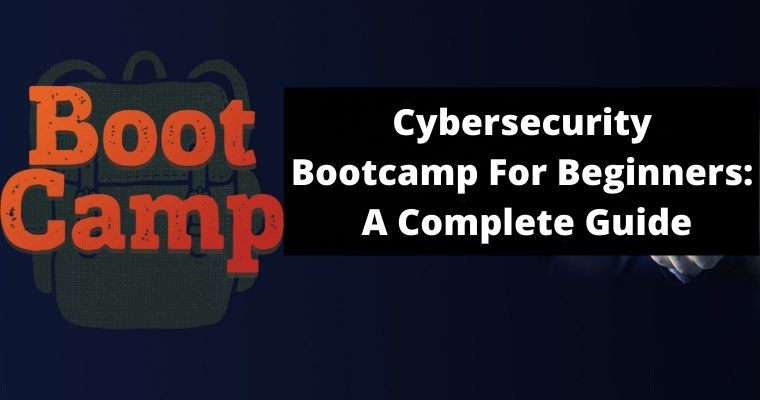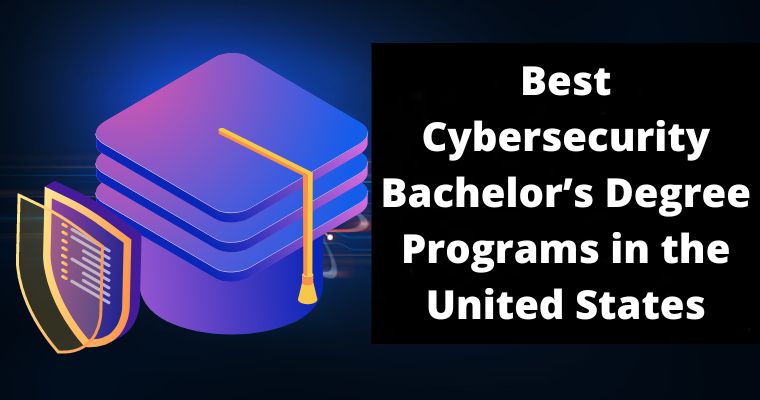Cybercrime has become an enormous problem today, and organizations must remain alert and one step ahead to remain protected.
Master of Science in Cybersecurity programs at Northeastern University examine critical issues in information security and technology contributions.
During the course, you will build and strengthen your technical skills and understand the context in which cybersecurity technology is applied.
Table of Contents
Why choose Northeastern University?
- Northeastern University has been designated by the National Security Agency and the U.S. Department of Homeland Security as a Center of Academic Excellence in Cyber Defense, Information Assurance Research, and Cyber Operations.
- Get hands-on experience through the capstone project and numerous co-op opportunities.
- Become part of an alumni network that includes individuals who work at such institutions as Cigital, Akamai, M.I.T. Lincoln Laboratory, MITRE, and Partners Healthcare.
- Northeastern University connects you to an alumni network of over 275,000 people and more than 3,350 employer partners, including Fortune 500 companies and government agencies.
Program Overview:
- Students who complete our M.S. in Cybersecurity program will be well-versed in information technology, social sciences, criminology, and business management.
- Those who desire knowledge to assess and manage information security risks at work effectively should pursue the M.S. in Cybersecurity program as its applicability can apply.
- Those wishing to pursue research and careers involving research can also take advantage of the Ph.D. in Information Assurance program offered through the program.
Program Goal:
- Understanding of the theory and practices of computer system security and network practices.
- Prepare security policies and implement security strategies to reduce risk and increase protection of I.A.and systems.
- Acquire knowledge of legal and ethical issues concerning information security, privacy, and digital rights.
- Improving communication skills on IA-related issues to remain effective with corporate management.
Future Prospects:
An increasing number of cyberattacks against businesses and governments pose unprecedented security risks, creating a massive demand for trained professionals in cybersecurity.
According to Burning Glass, a labor market analytics firm, cybersecurity positions increased 73 percent during the five years ending in 2012, growing 3.5 times faster than postings for computer jobs in general.
A growing body of knowledge, in-depth experience, and the demand for cybersecurity specialists result in extremely high salaries. Graduates of our M.S. in Cybersecurity programs have found success at a range of organizations and companies, including:
- Cigital
- E.M.C. Corporation
- I.B.M.
- Microsoft
- MITRE Corporation
- Raytheon
- U.S.U.S. Army, Navy, and Air Force
- U.S. Department of Justice
- U.S. National Security Agency
Faculty:
University’s faculty has broad experience across various fields, from banking and finance to education and biomedical sciences, to management and the U.S.U.S. military.
Mentors and advisors co-develop solutions with students to address global challenges affected by both established and emerging markets.
Learning by Experience:
Taking part in a cooperative educational program enriches a Northeastern graduate education.
During the program, master’s students are provided with up to 12 months of practical experience, enabling them to acquire knowledge, skills, awareness, perspective, and confidence to develop an exciting career.
The top faculty and successful co-op program are significant reasons for students enrolling in master’s programs. The second semester of a graduate student’s degree typically ends with an internship.
Internships can range from three to four months or a co-op program from six to eight months in duration. Following collective experiences, students might be eligible to do a summer internship or vice versa.
Experienced educators can provide students with the following benefits:
- Learning
- Maturity, responsibility, and self-knowledge
- Technical expertise
- Occupational information
- Job-seeking and job-success skills
- Networking opportunities with those in desired career paths
Northeastern University’s co-op program is based on an education plan that recognizes classroom learning only provides a portion of the skills students will need for success in the workplace.
Students and staff at our university are committed to its mission to prepare them for lifelong success and fulfillment.
Co-op is tightly integrated with our course curriculum and our advising system. Graduate co-op faculty in the Khoury College of Computer Sciences supports students in preparing for and succeeding in their internships.
Northeastern’s cooperative program provides several avenues for intellectual and personal development:
- Adding depth to classroom learning.
- Exposing the student to career options.
- Helping them develop a deeper understanding of what is needed to succeed in today’s society.
Conclusion
A growing number of cyberattacks and disruptions of systems by external malicious users are continuously endangering the confidentiality and privacy of sensitive information.
The domain of cybersecurity consists of safeguarding systems from such unprecedented threats in real-time.
The need for more individuals to conduct extensive research in this area is growing.
A degree in cybersecurity from an accredited university will expand one’s chances of landing good jobs, making this field popular among students who want to get professional experience.



